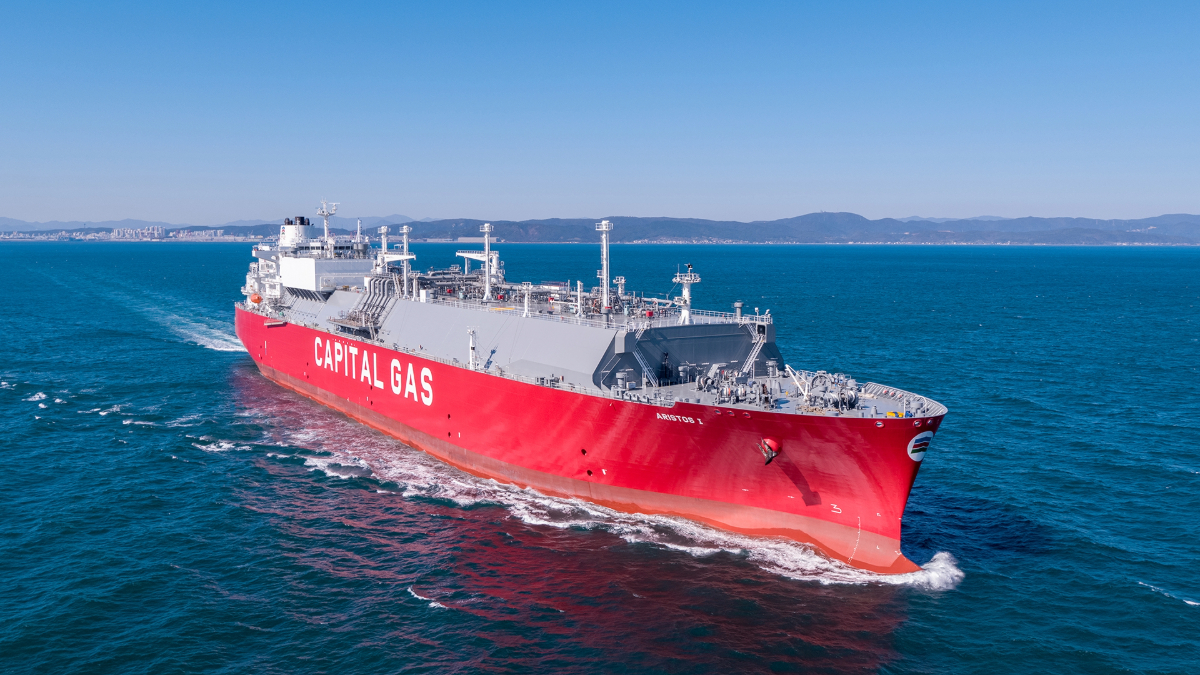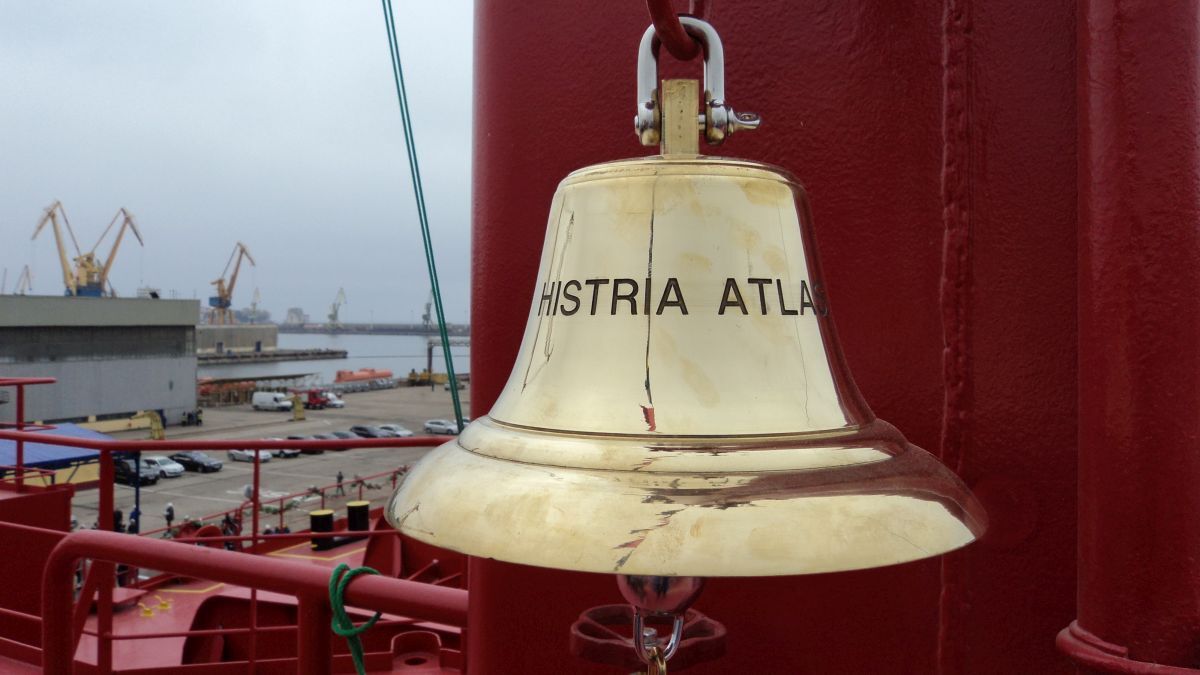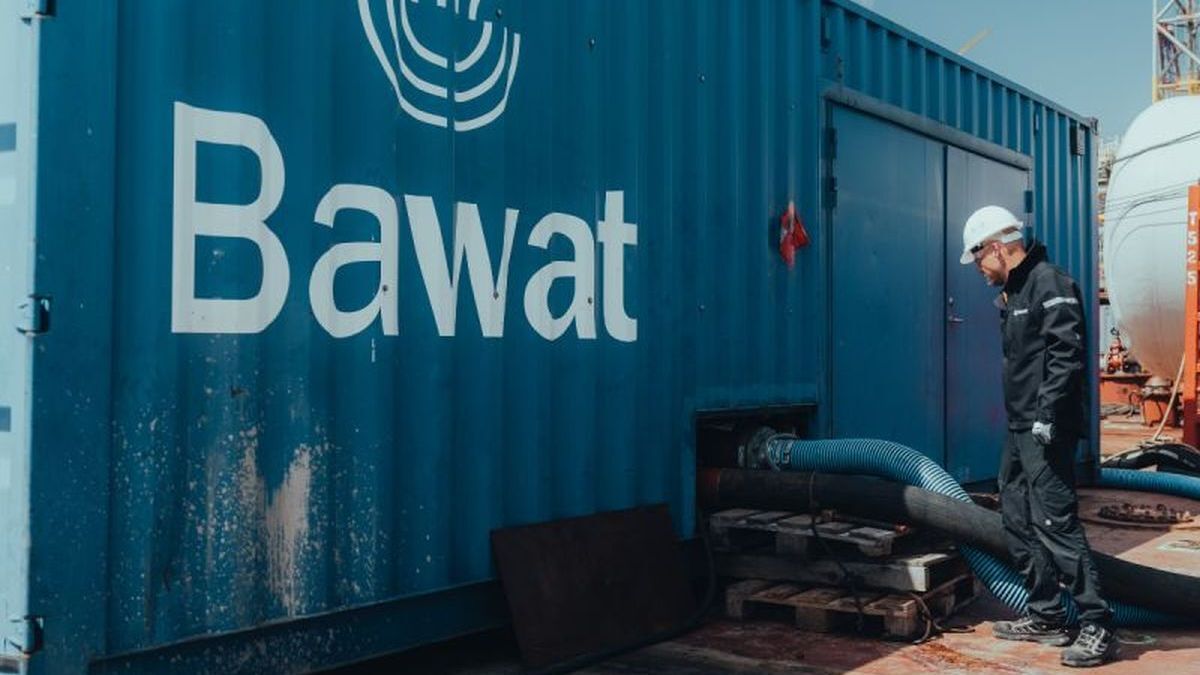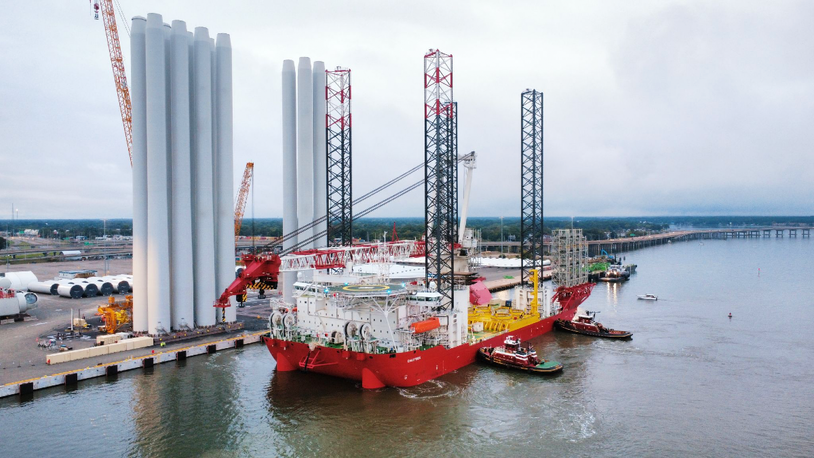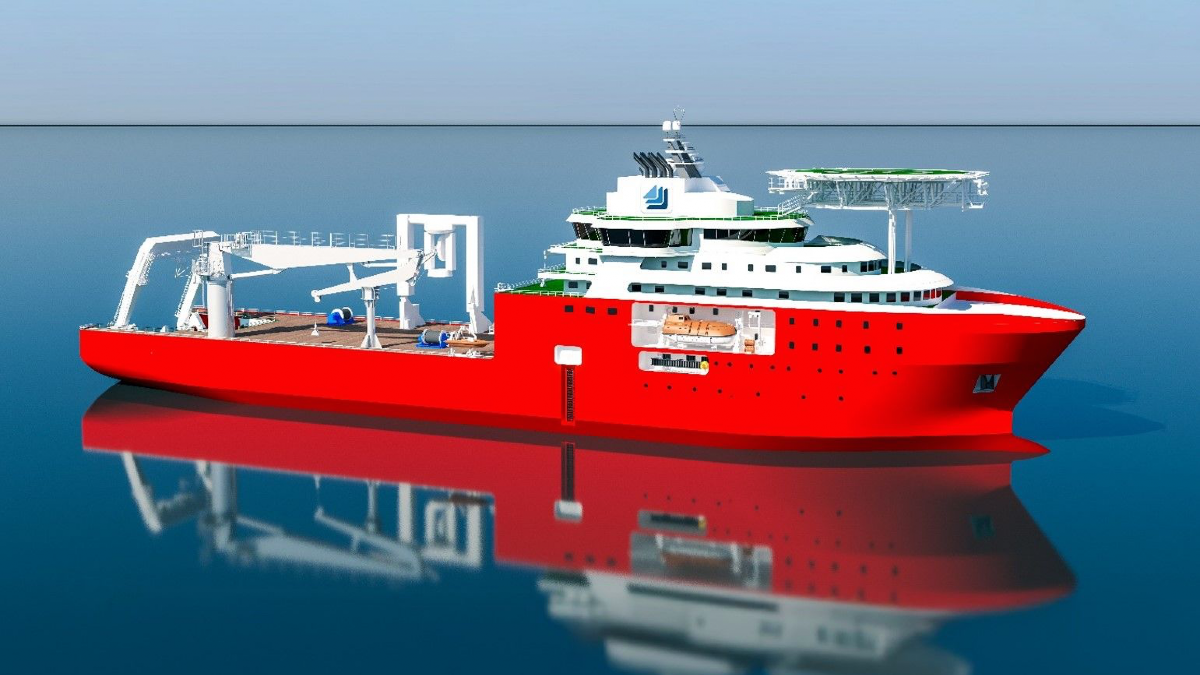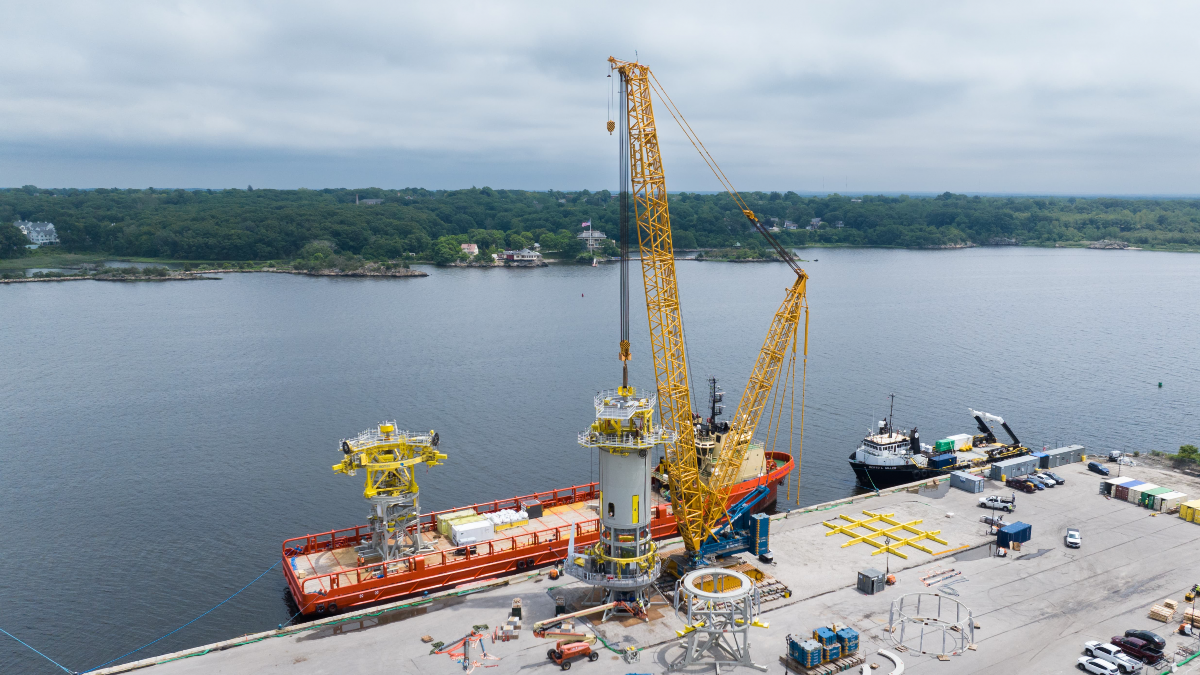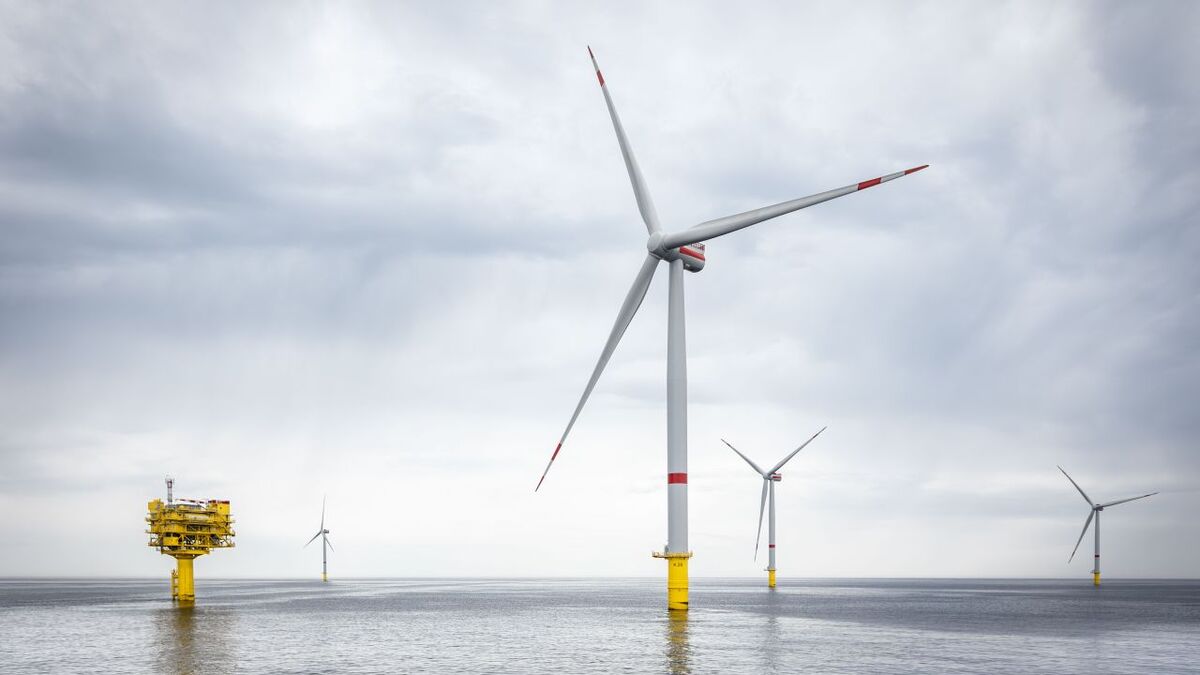Business Sectors
Events
Offshore Wind Webinar Week
Contents
Register to read more articles.
Failed German offshore wind auction ‘shows politicians must finally act’
Germany’s latest auction for offshore wind capacity, for two sites, N-10.1 and N-10.2, both in the North Sea, has failed, and did not attract any bids
The sites in the North Sea would have been sufficient for 2.5 GW of offshore wind capacity, but in what is being described as a ‘clear signal’ that Germany’s offshore wind auction design is not fit for purpose, no developers submitted bids.
Industry associations were quick to criticise the German government’s failure to address auction design, despite repeated warnings from many of them about the adverse effects of negative bidding and the need to urgently adopt two-sided contracts for difference (CfD) of the type widely and successfully used in other countries.
“Germany’s offshore wind auction relies on negative bidding. It doesn’t offer any revenue stabilisation and exposes bidders to risks that go beyond their control,” said WindEurope. “The uncapped negative bidding or ‘second bidding component’ further intensifies financial pressure on offshore wind developers by asking them to pay high sums for the right to develop an offshore windfarm.
“The auction result must be a wake-up call for the German government. Negative bidding adds costs that make offshore wind more expensive and reduces the number of companies willing and able to participate in auctions. It is time to amend the auction model so Germany can deliver on its offshore wind targets and industrial competitiveness.
“The kind of revenue stabilisation provided by CfDs means lower financing costs and more visibility of future revenues. Denmark was the latest country to switch its auction framework to CfDs after a failed auction there. Germany is swimming against the tide. CfDs have proven to be the right model to finance offshore wind. They lower financing costs and deliver competitive electricity prices to society.”
German Wind Energy Association managing director Stefan Thimm said the failed auction was “an alarming signal” and reiterated his call for the federal government to reform auction design.
Mr Thimm said, “Industry has been warning for years against burdening companies with too much risk. The current auction design forces developers to bear risks beyond their control without protection.
“The result is a clear signal – developers are not interested in investing in the German market on these terms. The German government is missing the opportunity for significant value creation and employment in Germany and Europe. If the regulatory framework is right, industry will invest. A change of course is urgently required.” Mr Thimm said the government also needs to act to address bottlenecks and enable ports to expand to handle offshore wind projects.
“The federal government must clear the way for a reliable CfD system in addition to long-term electricity supply contracts. CfDs reduce electricity generation costs of up to 30%. Without reform, further tenders could fail – and with them the energy transition.” He noted now the auction for the N-10.1 and N-10.2 areas had failed, the Federal Network Agency is obliged to conduct a new tender for areas, “so the legislator must ensure better conditions.”
VDMA Power Systems managing director Dr Dennis Rendschmidt added his voice to the call for change. He said the failed auction shows the dynamic bidding process used in Germany and until recently in Denmark “must now be buried, as the industry has been demanding for three years.”
Dr Rendschmidt said Germany needs the kind of sustainable market framework that CfDs provide, as does the rest of the EU. “The market (new) framework must be harmonised across Europe,” he said.
Aegir Insights regional lead Europe, Thomas Young Hwan Westring Jensen said the fact that the auction failed shouldn’t come as a surprise after the previous German auction, held in June this year, secured much lower levels of bids than previous rounds, with only two developers prepared to bids. He noted the June auction was for a more attractive site, N-9.4.
“The latest auction can only be seen as a major blow, not only for the German market, but for the offshore wind sector in Europe,” he said. “It sends a clear signal to policymakers that large concession payments are a thing of the past and support needs to be reintroduced if Europe is to continuously buildout offshore wind capacity.
Mr Jensen said the failed auction could put future deployment of offshore wind in Germany on hold. “Re-introducing a support mechanism such as CfDs will require an amendment of the WindSeeG (Offshore Wind Energy Act),” he said.
“It will take time to determine how a CfD system will be funded,” he said, noting Germany could potentially use climate and transformation funds, but doing so could delay other critical initiatives, such as much-needed grid upgrades and electrification.
Dr Rendschmidt said the WindSeeG “must be amended this year” so that CfDs can be used for tenders due to take place in 2026.
RWE Offshore Wind chief executive Sven Utermöhlen said, “Like many other players in the industry, we are convinced that auction design urgently needs to be addressed. Investors need long-term planning perspectives. This is why other countries are successfully relying on bilateral CfDs. They enable economically viable investment.
“We welcome the initiative of the Ministry of Economic Affairs to take an honest stock of the energy transition. It should be a good basis for adapting the framework conditions for offshore wind. The common goal is to ensure that Germany remains an attractive investment location. Offshore wind is a central component of the energy transition. It must remain economically viable.”
Sign up for Riviera’s series of technical and operational webinars and conferences:
- Register to attend by visiting our events page.
- Watch recordings from all of our webinars in the webinar library.
Related to this Story
Events
Offshore Wind Webinar Week
Maritime Decarbonisation, Europe: Conference, Awards & Exhibition 2025
Offshore Support Journal Conference, Americas 2025
© 2024 Riviera Maritime Media Ltd.




